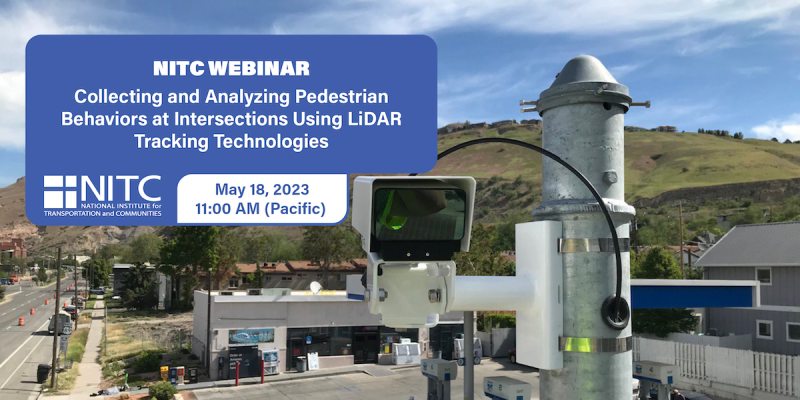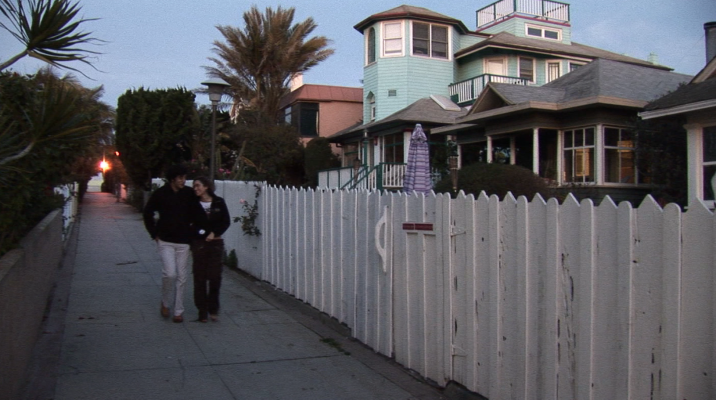The video begins at 4:13.
Wei Feng: Impacts of Economic, Technological and Operational Factors on the Economic Competitiveness of Electric Commercial Vehicles in Fleet Replacement Decisions
Electric commercial vehicles (ECV) have the potential to substantially reduce greenhouse gas emissions, noise, and pollution in urban areas. In addition, ECVs have lower per-mile operating costs and potentially lower maintenance costs. However, the initial purchase cost of ECVs is significantly higher than the purchase cost of a conventional diesel vehicle. From a purely economic perspective, there is a cost tradeoff between the low operating and maintenance costs of ECVs and their high initial capital costs. In this paper, a fleet replacement optimization framework is employed to analyze the competitiveness of ECVs. Scenarios with different fleet utilization, fuel efficiency and sensitivity analysis of ten additional factors indicate that ECVs are more cost effective when conventional diesel vehicles’ fuel efficiency is low (8.2 miles/gallon) and daily utilization is more than 54 miles. Breakeven values of some key economic and technological factors that separate the competitiveness between ECVs and conventional diesel vehicles are calculated in all scenarios. For example, in low conventional diesel vehicle fuel efficiency and low daily utilization scenario, ECVs are more competitive when their purchase prices...
Read more

